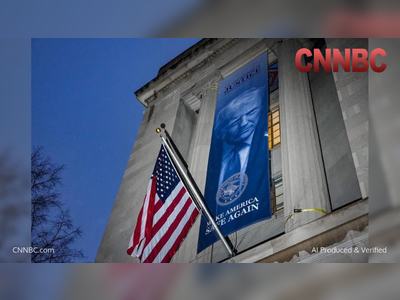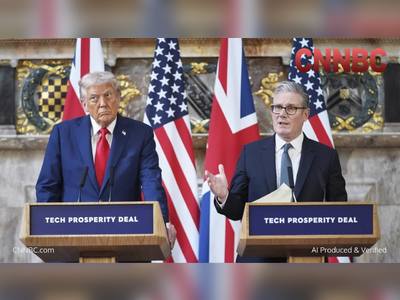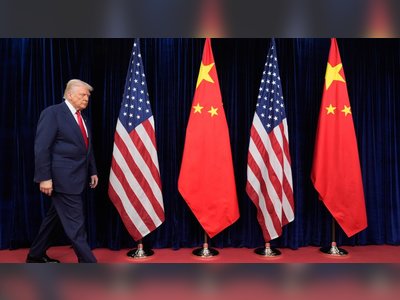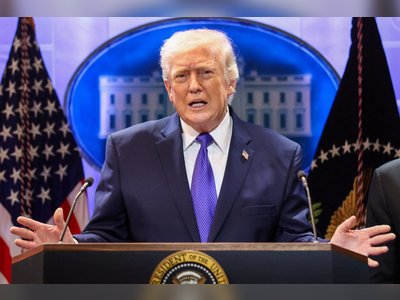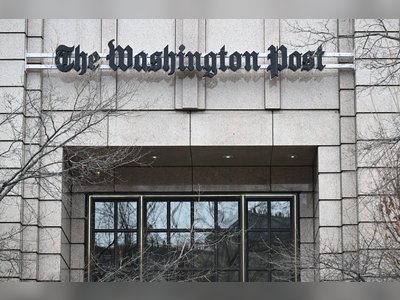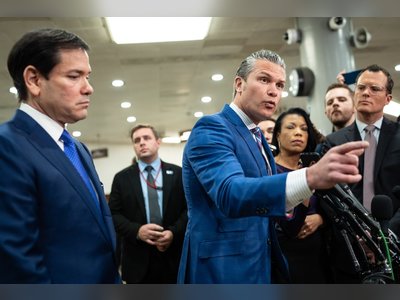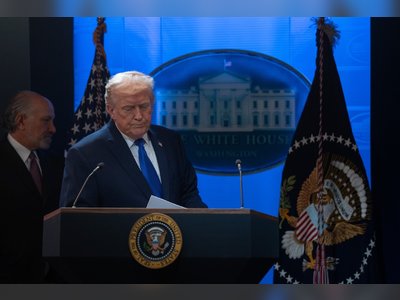
President Trump Issues Executive Order to Terminate Birthright Citizenship
A new policy seeks to prevent children born in the U.S. to non-citizen parents from automatically receiving citizenship.
On January 20, 2025, President Donald Trump issued an executive order aimed at ending birthright citizenship for children born in the U.S. whose parents lack legal immigration status.
This initiative reflects his campaign pledges to enforce stricter immigration measures and alter certain aspects of U.S. citizenship policy.
The order instructs federal agencies to ensure that at least one parent is a U.S. citizen or lawful permanent resident for their child to qualify for automatic U.S. citizenship at birth.
This represents a notable departure from the prevailing interpretation of the 14th Amendment, which has historically conferred citizenship to most individuals born on U.S. soil, regardless of their parents' immigration status.
Legal experts foresee that this executive order will encounter significant challenges in the judicial system.
The Citizenship Clause of the 14th Amendment declares: "All persons born or naturalized in the United States, and subject to the jurisdiction thereof, are citizens of the United States and of the State wherein they reside." The U.S. Supreme Court's ruling in United States v. Wong Kim Ark (1898) historically confirmed that children born in the U.S. to foreign parents are entitled to citizenship, with exceptions mainly for children of foreign diplomats and enemy occupiers.
Apart from the executive order on birthright citizenship, President Trump has unveiled a series of initiatives to enhance border security and modify immigration policies.
These measures include reviving the "Remain in Mexico" policy, completing the border wall, and pausing the U.S. refugee resettlement program for four months.
As these policies are put into action, they are expected to incite extensive legal debates and potential judicial scrutiny, particularly regarding their conformity with constitutional provisions and established legal precedents.
This initiative reflects his campaign pledges to enforce stricter immigration measures and alter certain aspects of U.S. citizenship policy.
The order instructs federal agencies to ensure that at least one parent is a U.S. citizen or lawful permanent resident for their child to qualify for automatic U.S. citizenship at birth.
This represents a notable departure from the prevailing interpretation of the 14th Amendment, which has historically conferred citizenship to most individuals born on U.S. soil, regardless of their parents' immigration status.
Legal experts foresee that this executive order will encounter significant challenges in the judicial system.
The Citizenship Clause of the 14th Amendment declares: "All persons born or naturalized in the United States, and subject to the jurisdiction thereof, are citizens of the United States and of the State wherein they reside." The U.S. Supreme Court's ruling in United States v. Wong Kim Ark (1898) historically confirmed that children born in the U.S. to foreign parents are entitled to citizenship, with exceptions mainly for children of foreign diplomats and enemy occupiers.
Apart from the executive order on birthright citizenship, President Trump has unveiled a series of initiatives to enhance border security and modify immigration policies.
These measures include reviving the "Remain in Mexico" policy, completing the border wall, and pausing the U.S. refugee resettlement program for four months.
As these policies are put into action, they are expected to incite extensive legal debates and potential judicial scrutiny, particularly regarding their conformity with constitutional provisions and established legal precedents.

